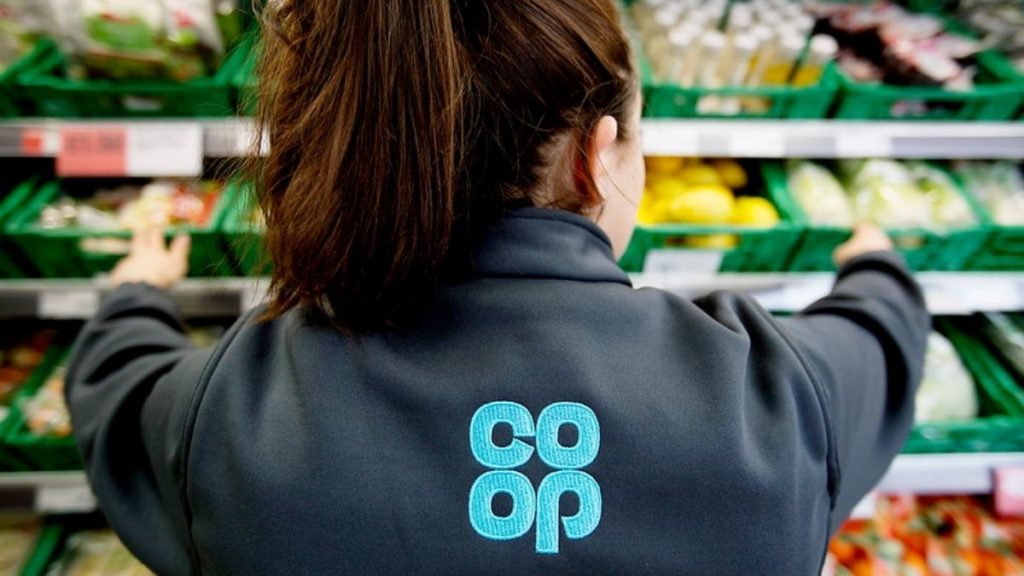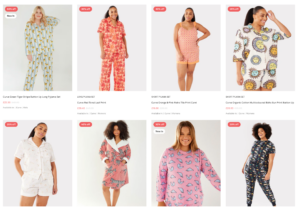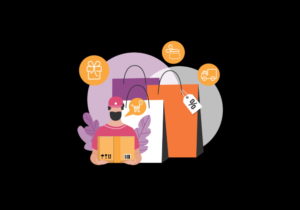By Tom Doyle, Area Vice President EMEA at Bringg
When food retailer Co-op started to develop its ecommerce offer in 2019, it couldn’t have predicted that the COVID-19 pandemic would force it to rapidly accelerate that development. In the space of a year the supermarket went from 32 stores offering an online ordering service to 800 stores equipped to fulfil an ecommerce offer.
Co-op’s decision to partner with delivery and fulfilment cloud platform provider Bringg allowed it to significantly scale up its online presence, while offering one-hour delivery at a 20% price reduction compared to pre-pandemic levels. In addition, the retailer grew ecommerce sales twentyfold in 2020 but, thanks to improved route optimisation, it still managed to lower both its cost per delivery and the number of miles driven.
Multiple delivery options win over customers
Bringg worked with Naveo, developer of the Connected Commerce online grocery platform, to facilitate end-to-end ecommerce, pickup and delivery. This allowed Co-op to manage, automate and measure multiple delivery models and quickly deploy, optimise and scale up grocery ecommerce during the pandemic. Customers were quickly won over by Co-op’s award-winning digital grocery and fulfilment experience, which offered reliable and convenient one-hour, same day and next day grocery options.
Co-op consistently achieved customer satisfaction ratings of more than 90% during the pandemic thanks to end-to-end automation and optimisation across ecommerce and delivery.
One of the ways the supermarket improved the customer experience was by offering better visibility and communication. As they shop, consumers know when their order will be delivered and track it from start to finish.
Sustainability no longer a nice-to-have
But as well as improving efficiency, business leaders need to show that they’re minimising the environmental impact of their operations. Retailers often fail to consider the environmental impact of fewer miles driven and the reduction of paper processes when choosing a delivery fulfilment platform.
Sustainability comes to the fore when things are done in a more automated way, with less paper, and retailers can partner with fleets that are more focused on reducing their carbon emissions. For Co-op, Bringg’s platform was even able to suggest deliveries be made by walkers in areas where that was most appropriate.
Shipping from a store is also up to 30% less carbon-intensive than shipping from a warehouse. And Co-op was able to batch orders to send full lorries and optimise capacity – fewer lorries on the road equals fewer carbon emissions. If customers are aware of the option to batch orders by delaying delivery a day or two, they’re often more willing to choose the more sustainable delivery option.
Post-purchase surveys revealed nearly 90% of Co-op’s customers were satisfied with the ecommerce service.
That figure is even more impressive when you consider that Co-op runs its own internal fleet, but also works with four other delivery fleets, which creates additional complexities. Managing that process is only possible with data-led technology that’s able to coordinate several fleets of vehicles and optimise delivery operations.









